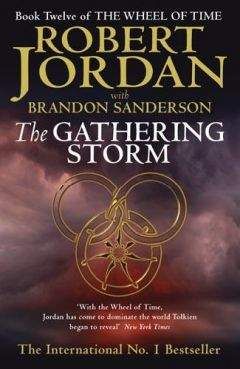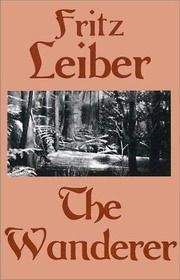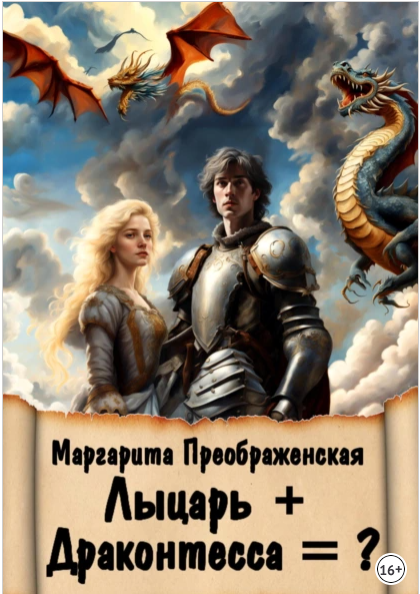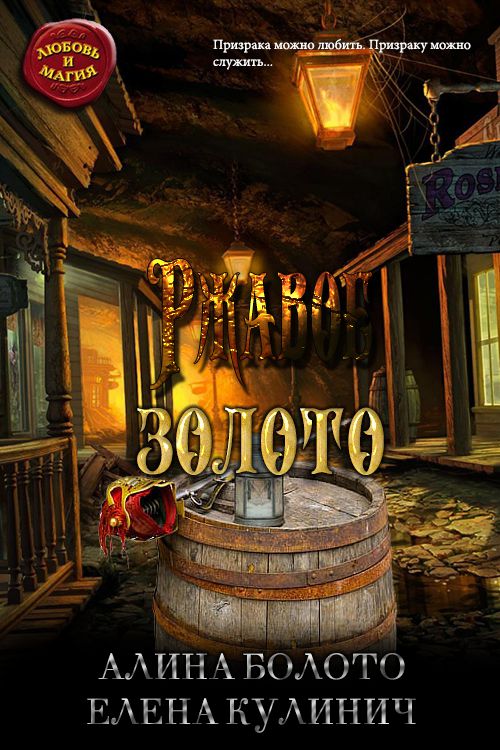Charles Grant - Night Songs
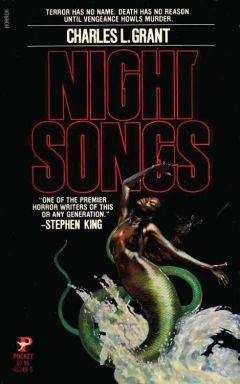
Помощь проекту
Night Songs читать книгу онлайн
Colin shook his head slowly with a faint, sad smile, then remembered the mutilated gull, and spun around and raced back to Matt.
* * *They came out of the trees onto a small blacktop parking lot sandwiched between the extended log cabin of the Anchor Inn and a battered deserted cottage. Matt headed directly for the street; Colin, however, slowed as he was struck by an unbidden memory of his first visit to Haven's End:
Had he arrived by air he knew he would have seen a heavily forested island four miles long and slightly less than half that wide, rocks and trees on the west and north shores, beautiful sand on the east, a clearing just off center where the town had been settled.
But he had driven, and came out of the mainland woods to the Sterling Brothers Ferry, a pair of huge, high-floating boats like ungainly rafts that carried eight to ten cars and as many passengers as could be squeezed between them. No overhead canopy, a tiny shingled cabin jutting out amidships. The surprisingly smooth ride across the two miles of deep, choppy water to the terminus at Bridge Road, the slow drive for three-quarters of a mile before the trees fell away on the left for the Sunset Motel. Another quarter mile and suddenly there were side streets, four of them until Bridge Road met the T-intersection with Neptune Avenue.
He remembered grinning his relief at the sight of the town: clapboards and cedar shakes, Colonials and Federals, all riding high on thick brown pilings or five-foot foundations designed to provide passage for the sea whenever it rose above the tide and tried to sweep the island clean. Thriving lawns and lovely trees. The trees. Save for the town and the beaches, the entire island was tree covered, right up to the point where the cave-pocked southshore cliffs heaved out of the sea.
The sea.
Wherever he turned, the mark of the sea. Air salt-sharp and softly damp, the ground round-pebbled and sandy; the fishermen who made the island famous and kept it from starving when the tourist trade faltered; the motifs of the motels, the Anchor Inn, the Clipper Run; the ghosts of smugglers and gunrunners who'd used it during the previous century; the whispers of pirates who might have used it before; the occasional gold coin, a rusted cannon, a hint of bones found in a cave… and the ocean itself, its voice louder at night when a lullaby was needed, muted in daylight when there was living to be done. There was power in that gentle land, power that reminded when the winter * storms screamed, cutting off the ferry and eroding the beaches. A power, he thought, that kept the people strong. They fed off it, lived off it, never forgot what it warned might happen if they ever grew careless.
It was perfect. Exactly what he had in mind while he tried to figure out why he could talk well to kids like Matthew and not to adults like Pegeen.
He inhaled deeply, and saw Matt staring at him from the curb. "Something the matter, kid?"
"You all right?"
"Fine. Just fine."
He glanced at the Anchor Inn and decided he'd rather eat at home, caught up with Matt, and they crossed the street together. On the corner was the small, fieldstone police station, behind it on the next corner the hedge-enclosed parking lot of Robert Cameron's Clipper Run restaurant. Several cars were parked near the entrance; diners from the mainland, he guessed as he and the boy continued walking west. Most of the islanders wouldn't be eating until after the funeral.
From one of the yards farther down the street came a sudden gust of laughter; boys playing baseball, he thought, or «a fast game of soccer. That Matt wasn't with them wasn't surprising. He preferred studying history or the way colors worked than studying how to steal second base from a fast pitcher. It set him apart, but the boy didn't seem to mind.
"Mr. Ross?"
He sighed loudly. "Good Lord, Matt, don't you ever stop asking questions?"
"But my mother-"
"I know, I know. Your mother says you have to ask if you want to learn anything."
Matt squinted up at him. "How'd you know that?"
"It's a great secret you learn when you get to be grown-up."
Matt considered that for a moment while he kicked at a stone and toed it into the gutter. Then he gestured with his free hand back toward the restaurant. "You think you're gonna win the election?"
"You going to vote for me?"
"I'm too young."
"Well, I'll just have to win anyway. It'll be close without your vote, though. Mighty close."
"My mother says she's gonna vote for you. She says she doesn't want to see Mr. Cameron running things and putting in all the gambling and stuff. She says it isn't fitting… whatever that means." Almost a half block in silence before he spoke again. "If they build those hotels and things like Mr. Cameron wants, they'll cut down all the trees, right?"
"That's right."
"Then the squirrels won't have any place to live!"
"Right again."
The boy shook his head. "That isn't fair, Mr. Ross." Nope, it sure isn't."
"I wish I could vote for you," he said softly.
Colin placed a hand gently on his shoulder and looked up just as they reached Atlantic Terrace, the town's last cross-street. Three houses down-a small, white, clapboard saltbox-a woman stood on the high narrow porch. She waved, and Colin waved back.
"Hey," Matt said, "you coming to dinner? Mom says she'd like it if you came to dinner."
Colin looked again, and reluctantly backed off. "Can't, pal. I have to get ready for Gran's funeral. I promised Lilla I'd be there. Maybe I'll see you when it's over."
Matt dashed away immediately, hair whipping at his shoulders, the hamper slamming into his leg to give him a curiously lopsided gait. Colin watched with a faint smile until he reached the front yard, then waved at Peg and hurried to his right across Bridge Road. There was no pavement here as the trees closed in and the road aimed straight for the ferry, so he walked on the verge for nearly a hundred yards before cutting into a stand of pine. The underbrush had been cleared away, giving him a clear walk, and a clear view, to his gray stone cottage and the small studio behind.
He had no neighbors except for the Sunset Motel two hundred yards farther west, and if it hadn't been for the cars sweeping past on occasion he could easily have been living in the middle of a forest. That was precisely the way he wanted it.
* * *The telephone was ringing as he came through the front door, but just as he reached it the caller gave up. He scowled at the mute receiver, replaced it, and stripped off his windbreaker. A groan as he stretched him arms high over his head, another as he dropped onto the sofa and crossed his legs at the ankles.
"Hello, place," he said, a greeting repeated since the first time he'd walked through the front door and had grinned.
The room he was in was just twenty feet long, the width of the cottage. The walls were pine-paneled and covered with bookcases and framed prints, the pegged floor bare except for a few braided throws, the furniture overstuffed and unmatching-as long as it was comfortable he didn't much care about period or style. Nor did he care that the rooms behind this one were only a modernized kitchen, a gray-tiled bath, and a bedroom just large enough for a chest of drawers and his bed. For some it would be claustrophobic; for him it was no bigger or smaller than it absolutely had to be.
His eyes closed, his fingers laced together and he stretched again, palms pushing outward. He grunted, opened his eyes and found himself staring at the thin scars on his wrists.
I don't get it, Peg had said to him just the summer before; how can you think about it and not get… I don't know, chills.
It was a long time ago, he'd answered. It happened to a different man.
"Sure," he whispered to the empty room. "Sure it did. And next year it'll snow on the Fourth of July."
He grimaced at the show of bitterness no one saw but himself.
At twenty-one he had married his hometown Maine sweetheart because that was the way life was supposed to be: a college degree, a job teaching art, and a wife to begin a family. But three years later he'd had it with teaching, had decided perhaps it wasn't too farfetched to think about making it on his own as an artist. And why not? He was confident in his talent and his willingness to continue learning, was filled with his vision of what art should be, and ready to take on the toughest critics in the world. His wife was nervous, but supportive because his dream-talk was so vivid. A year later she was nervous and carping because the talk was the same. The year after that she refused to listen and was gone.
He left his hometown, moved down into Massachusetts, rented a loft and worked even harder. There were sales, small ones, but more than enough to keep luring him on. A gallery showing in Boston was followed by one in Chicago. He permitted himself no close friends to distract him from his painting, and the women he sometimes found all finally complained of the same thing-he was cold, he was uncaring, all he should have given them he gave to his canvas.
They were right, but change was too hard, there was work to be done. The one thing he wanted was reasonable success, and definitely before he was too old to enjoy it; basking in fame during his dotage was not his idea of living.
Four years after leaving Maine, he married a woman who was just making it as a novelist. She said she understood him, and he believed it; she said she loved him, and he believed it. His work took on color, his days took on sunlight, and two years after his first New York showing, her heart twisted and stopped, and he never felt more alone in his life.
He despaired, moped, took long walks in the rain; he stared at his paints and could see nothing but black; he stood in front of the bathroom mirror and hacked at his wrists. But when he saw the blood running and felt the pain burning, instead of panicking he grew angry. Angry at himself for not having the maturity to deal with himself as well as other people, and at the world for not handing him people who really knew.
He bound himself, and thought he was healed. He had sworn off women until he met Peg Fletcher.
Peg Fletcher, who said she understood, and he wanted to believe it; Peg Fletcher, who refused to allow him self-pity, and he wanted to prove he didn't need it anymore.
He stared again at the scars and stuck his tongue out at them and broke into laughter that had his side almost aching.
The telephone rang.
He shook himself vigorously, reached to the cobbler's bench he used as a coffee table and snatched up the receiver. The first word on the other end told him it was Bob Cameron, owner of the Clipper Run and the incumbent president of the island's Board of Governors. Colin was running against him in next month's election.
Cameron also made no bones about being in love with Peg as well.
"Colin, how's it going?"
He propped his feet on the bench's high end and stared at the curtained window to the left of the door. "I'm not rich yet, if that's what you're asking."
Cameron laughed, a series of seal-like barks that never failed to sandpaper his nerves.
"Or maybe," he said, "you want me to make a speech at the bash on Saturday. You know, give the folks a little excitement in case the party gets too dull."
